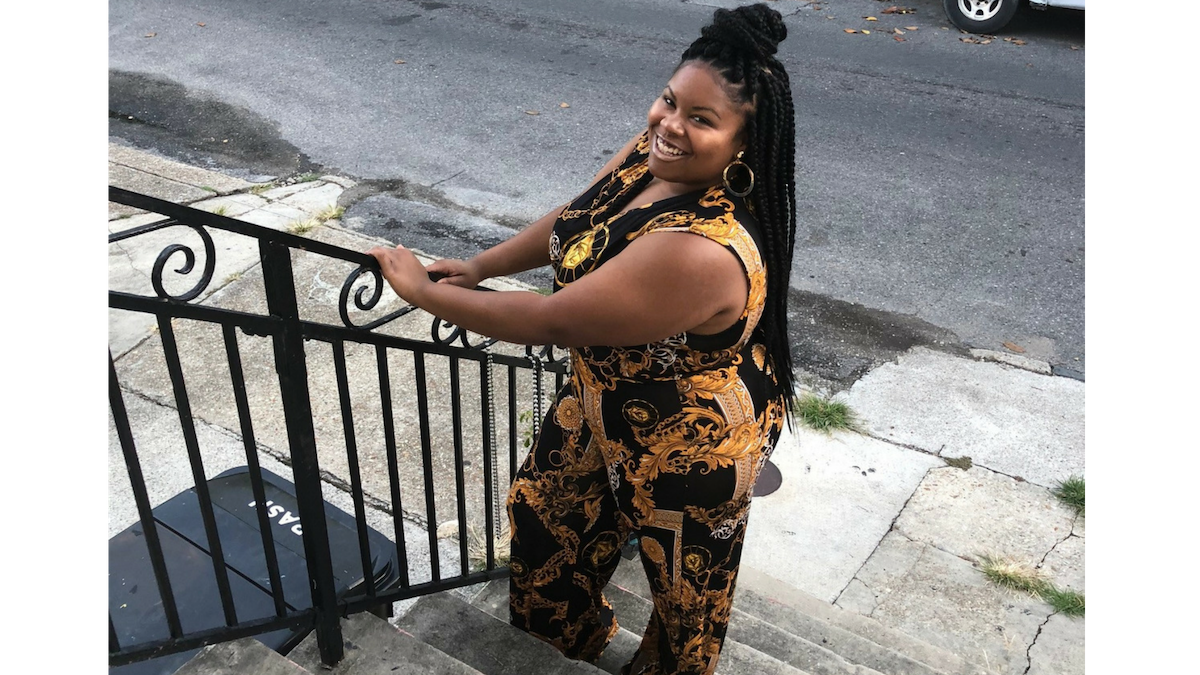They say the first step to solving a problem is admitting you have one. This time last year, I was in complete denial about having a spending problem. That is until my financial advisor, Southern Bancorp, Inc. CEO Darrin Williams told me to start tracking all of my expenses. He wanted me to write down everything from my car note to the gum I bought at the gas station. This was the blueprint to my future budget.
Before you can make an accurate budget you must know two things: your average monthly income and your average monthly expenses. Writing down everything I spent money on for a few months gave me an idea of how much I would need to budget for necessities in the months to come. For example, I noticed that from June to August, I spent $80 – $120 each month on groceries and household items. So, for September and all of the following months, my grocery/household items budget was $100.
Tracking my expenses also let me know how much money I was wasting on non-necessities like restaurant meals, weekend trips, and my favorite, snacks. In July 2018, I spent nearly $250 eating out! For some people that’s a car note or utilities in a luxury apartment! I was buying my lunch every other day and eating out every weekend like I wasn’t raised in a “We have food at home.” household. That summer, I’d also spent hundreds of dollars traveling to New Orleans and Miami and like most women my age, I convinced myself that I needed to purchase new clothes for these trips.
Don’t get me wrong, I enjoyed all of those expensive meals, had tons of fun on those trips and took really cute pictures in those outfits. However, I also created debt. I was spending hundreds of dollars more than what I made each month. And how is that possible you ask? Credit cards.
Credit cards can certainly be beneficial when you need to make large purchases like flights and hotel reservations quickly. Unfortunately, paying them off typically takes a lot longer, especially with high interest rates.
After six months of exercising discipline and sometimes paying up to 10x the minimum payment, I paid off the balance on my two credit cards. Shortly after I paid off the first one, I closed the account because it had an extremely high interest rate. I still have the second because the interest rate is relatively low. However, I only use it if I know I can pay the balance in full before the month ends.
I don’t want anyone reading this to think that reducing your spending means you can no longer enjoy life. I still eat out and travel occasionally, but I stay within a set budget. (See our Super Saver blog for cool travel savings tips.) To stay within my food budget, I’ve started bringing leftovers or frozen meals for lunch and reserving more expensive restaurants meals for special dinners with family and friends. My monthly budget also includes a small allotment for vacation/travel. I don’t go on a trip every month, but by the time I do, I typically have a couple hundred dollars reserved for it.
Budgeting can be a struggle in the beginning, because making a budget and sticking to a budget are two very different things. But I assure you that it gets easier with time. I now enjoy writing down all of my expenses and the feeling when I come in under budget is priceless. So give it a try! Maybe you’ll find that you enjoy it too!
About the Author

Jayla Wilson
Jayla is a Media & Content Strategist at Southern Bancorp. She graduated from Arkansas State University in December 2016 with a Bachelor’s degree in Creative Media Production and a minor in Marketing.

